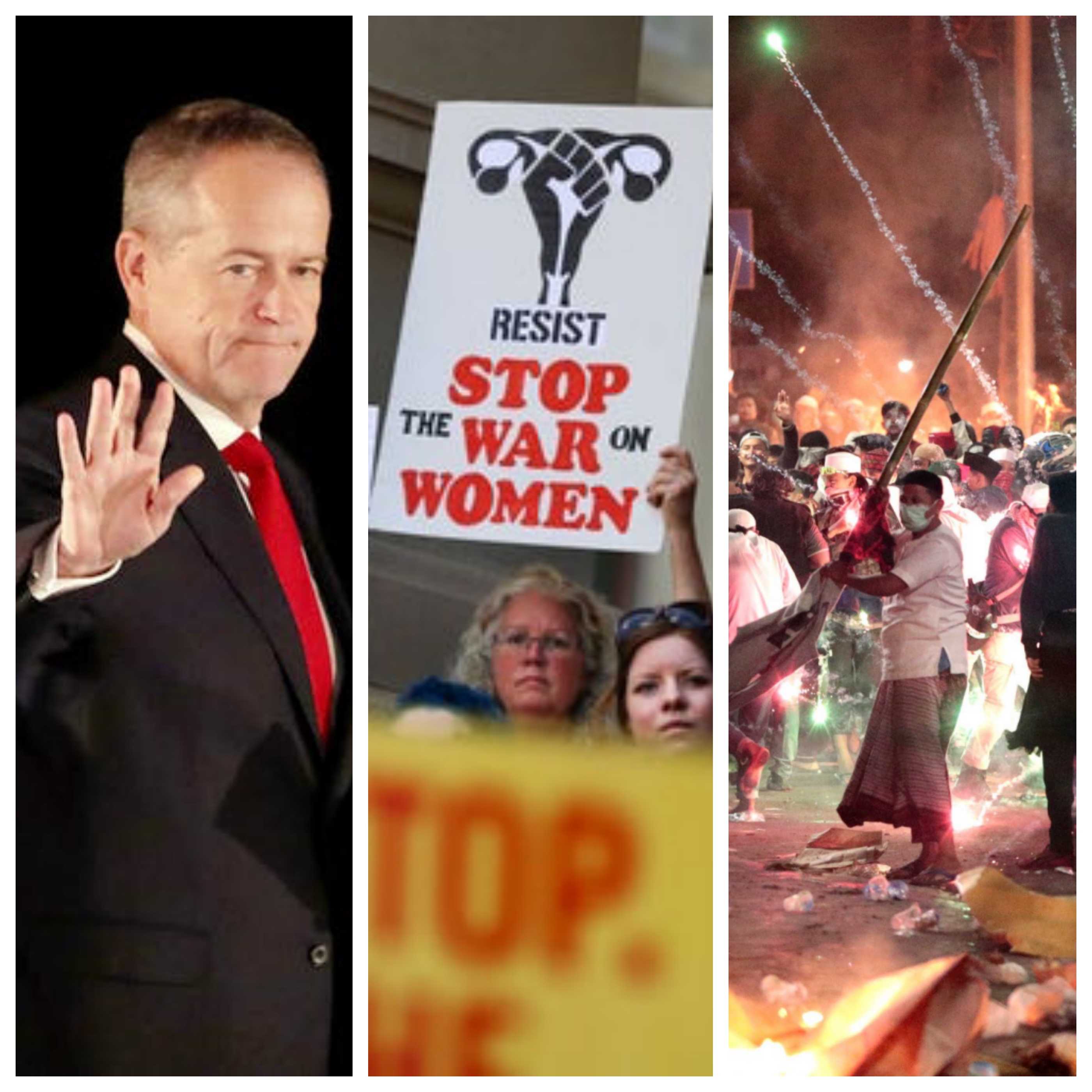By Isabella Podwinski
1. Scott Morrison remain Australia’s Prime Minister
Australians took to the polling booths last Saturday to vote in the federal election.
In a surprise twist, Scott Morrison led the Liberal National Coalition to a victory in what was considered by some to be an ‘unwinnable election’.
Despite being ahead in news polls since 2016, Labor is predicted to finish with 67 seats, 11 seats short of the predicted outcome for the Coalition.
Shortly after giving his concession speech on Saturday night, Bill Shorten announced that he would be stepping down as leader of the Labor party.
Senior Labor frontbencher Anthony Albanese currently runs unopposed for the leadership position and is likely to succeed Mr Shorten.
2. Tourists targeted in Cairo bus explosion
At least 17 people have been wounded in a roadside explosion near the Giza Pyramids, according to Egyptian officials.
Sunday’s attack is the country’s second terror plot in the last six months.
The tourist bus was said to be travelling on a road close to the Grand Egyptian Museum, a spot not open to the public yet.
Egypt’s tourism industry has just begun to show signs of recovery after a period of political turmoil prompted by the 2011 uprising against former leader Hosni Mubarak.
Three Vietnamese tourists and an Egyptian guide were killed last December in a similar roadside bomb explosion four kilometers from the Giza pyramids.
3. Alabama to implement the world’s harshest abortion laws
A near-total ban on abortion was passed in Alabama’s Republican-controlled senate last week, effectively criminalising the procedure in all circumstances, except one.
Only women whose pregnancy would carry a series health risk will have access to the procedure. Cases derived from rape or incest are not exempt from the ban.
The bill which passed 25 – 6 prohibits medical practitioners from performing the procedure, making the act punishable by a prison term ranging from ten to 99 years.
The law is to be implemented six months after approval from the Governor of Alabama Kay Ivey, a known abortion opponent.
The ban was immediately met with condemnation from civil rights groups who plan to challenge the decision in court.
4. Prabowo Subianto’s defeat in Indonesian election prompts violent protests in Jakarta
Six people have died and 200 have been injured in violent protests in the country’s capital after Indonesia’s election commission confirmed President Joko Widodo will remain for a second term.
Mr Widodo won 55.5 per cent of the vote at the April general election and was confirmed the winner by the Elections Commission on Tuesday.
The result was met with fierce opposition by supporters of unsuccessful candidate and former Army lieutenant General, Prabowo Subianto.
Vehicles were burned and rocks were thrown at police during the clash which took place in several locations around Jakarta.
5. UK drug crackdown frees adults and children from suspected slavery
More than 30 suspected slaves and hundreds of vulnerable children have been rescued by UK police after a week-long operation into illegal drug trades.
The crackdown across Britain uncovered $579,000 in cash and $324,000 worth of cocaine and resulted in the arrests of 586 people.
Significant amounts of crack cocaine and heroin were also found.
Children as young as 12 years of age were found to be used as drug mules, transport drugs from major British cities to rural areas.
But the future for these children remains uncertain. Some will be returned home, referred to the National Referral Mechanism or placed under a protection order.

